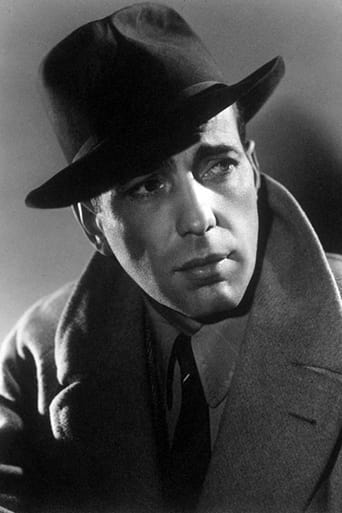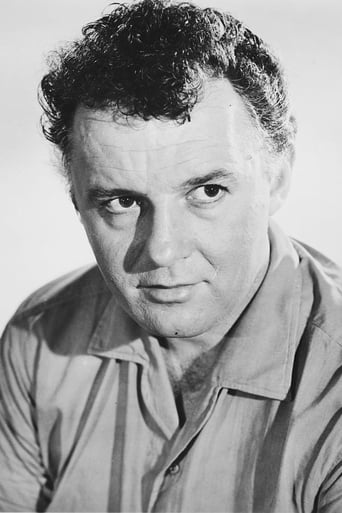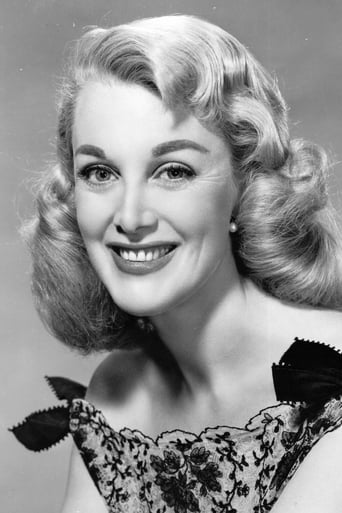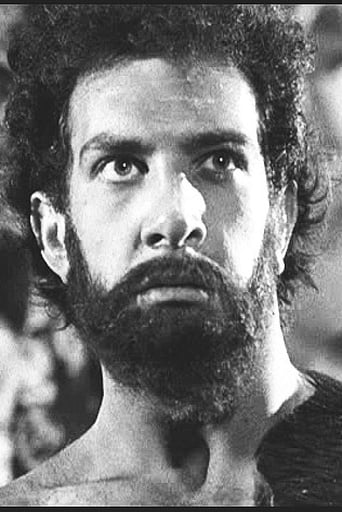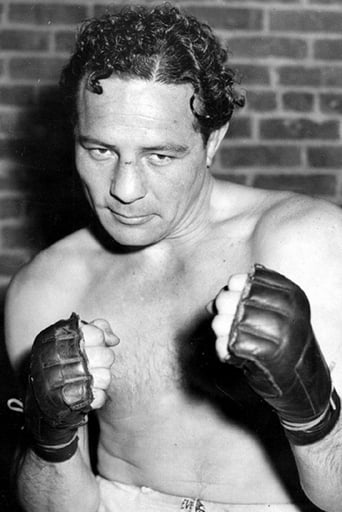ElMaruecan82
There are two kinds of boxing movies. The inspirational depicts the boxer as a modern-day hero who translates in the ring, man's struggle against adversity, "taking the hits but moving forward". The disillusioned story shows the other, uglier, side of the coin, where "taking the hits" implies a crooked manager taking the dough, where the boxer gambles his life the Casino, always wins. The boxer is a modern-day gladiator destroying himself for sheer entertainment. And while Romans wanted blood and victory till death, people want knock-outs, that are how civilization has progressed over the course of centuries.Boxing is torn between the agony of being the prey of an angry crowd, the puppet of a greedy mobster, and the foil of heartless journalists, and the ecstasy of victory, of being an idol, a worshiped individual who gets rich and famous, without working. The paradox of Boxing makes it one of the most cherished sports in Cinema, the one that inspired the greatest movies, and it's not surprising that the two voted most iconic American Sports movies were "Raging Bull" and "Rocky", and even less surprising that each one shows one of the two facets of the game : the bad and the beautiful.And from its title, "The Harder they Fall" sets the tone, it belongs to the dark-side category. The film was written by Budd Schulberg, whose name might ring a bell for classic movie fans. Indeed, when you watch "The Harder they Fall", you can feel the vibes of his more prestigious work "On the Waterfront". In the iconic taxi cab scene, Terry Malloy (Marlon Brando) blamed his brother Joey (Rod Steiger) for preventing him from being "a contender", "somebody, instead of a bum". In "The Harder they Fall", Terry Malloy could've been any of these boxers asked to dive by their crooked managers, to let the newcomer Toro Moreno, win the fight. Yet this Moreno is a bum, his only 'strength', so to speak, is his gigantic size, a natural talent (a euphemism for freak). Convinced that a guy of Moreno's size can attract the crowds, promoter Nick Benko calls a famous sports journalist. He won't refuse the offer, he's broke after his newspaper went under. The dynamics between Rod Steiger as Benko and Humphrey Bogart as Eddie are as exciting as the boxing scenes. In the dishonest side of the ring, we have a man often flying off the handle but within his own crookedness, competent and convincing. Steiger, probably drained the stressful energy of his amazing performance from Lee J. Cobb in "On the Waterfront".And while Steiger is terrific as the voice of twisted reason, Bogart plays the voice of tormented conscience. His mission is to turn the untalented and slow-witted Toro, into a sensation, and convince the world he's a real challenger for Heavyweight championship. People wouldn't a man of that size to be weak. But he is, and the task reveals harder but Eddie handles it well, with an advertising bus touring around California, the best location for freak-shows and with his connections. He convinces a TV sports host friend (Harold G. Stone) to close his eyes, out of friendship, he accepts but not without showing him a heart-breaking interview of an ex-prize fighter whose life has fallen down. That scene foresees the future of many boxers sacrificed on the arena, certainly not what Eddie wishes for Toro, who despite his naivety is the typical gentle giant, friendly and trusting.The interviewed boxer says "champs stay forever but managers come and go", but in a poignant irony, the following scene where Eddie invites boxing managers to a conference, asking them to buy 1000 dollars their boys' pride, they're all reluctant, treating their 'protégés' like bums or dirt, one says "boxers come and go, but managers stay", that's the gap between two visions, and this is where Eddie reveals his well-meaning motives. He wants to make it the easiest for boxers, including Toro. The way he sees it, that little scheme will earn Toro money and a reputation, both useful when he'll be back to his country, it has to be a win-win situation. Naturally, it's an ethical dilemma and his wife exhorts him to quit, but everything is money in that world, for athletes and managers, and he's no exception, the show must go on. But we know the title, and we wait, with our hearts pounding, to see the titular fall.Like another Bogart movie "Kid Galahad", "The Harder they Fall" paints a gloomy portrait of sports' backstage, with the real fights being transactions between promoters, sponsors and journalists, pulling the strings of puppet-like boxers, with the gripping realism of the 50's deprived from any romantic subtext, a dynamite-script and a magnificent cinematography, the film is even more impressive example of the sport-business genre, a sort of common link between sports and gangster movies à la "Raging Bull" and "On the Waterfront", and the climactic sequence is one of the most brutal and nasty fights ever … and I don't know whether that or the following aftermath is uglier. When you realize how boxers are treated and rewarded, when you see how low a boxer's life can sink when he loses a match, how harsh can a crowd be, you got to wonder why this sport even exists.The film is extreme on its take on boxing and former Heavyweight champion Primo Carnera sued the film, as he felt it an attack against his (controversial) career, but nonetheless, it's a film with a message to deliver and whether we accept it or not, we know these things exist, and we'll always keep our guard while watching a boxing march. And if the film didn't reach as an iconic status as all the masterpieces I mentioned in this review, it'll forever belong to posterity as, Bogie's last movie. Bogart went as high as his talent could put him without ever falling.


